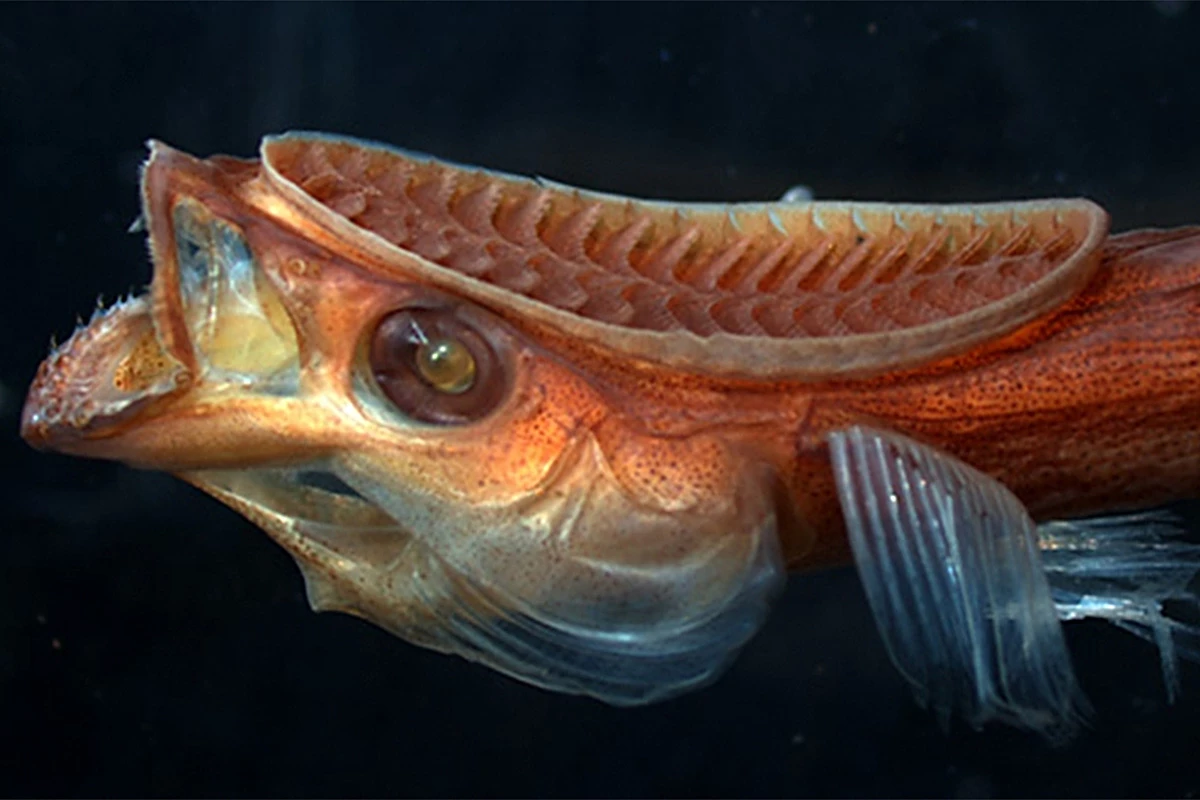A team of researchers at the Massachusetts Institute of Technology (MIT) has created an innovative drug delivery device inspired by the Remora fish. This capsule-sized platform, named MUSAS (short for Mechanical Underwater Soft Adhesion System), can adhere to various surfaces in aquatic environments, allowing for extended drug delivery directly in the digestive tract.
The Remora fish utilizes a unique suction cup-like structure on its head to attach to larger marine animals, enhancing its safety while feeding on ectoparasites. MIT’s researchers have mimicked this natural mechanism to develop a device that operates without any power sources or batteries. MUSAS features a stainless steel backbone that supports silicone rubber and temperature-responsive materials, designed to create a strong adhesive bond under various conditions.
Innovative Design and Testing
The design incorporates lamellae, which are angled plates similar to the Remora’s suction disc. These plates include microneedle-like structures crafted from smart materials that interlock at body temperature, enhancing the device’s grip on soft tissues. This allows MUSAS to maintain a secure attachment in liquid environments, including the human digestive tract.
In preliminary tests, the researchers fitted MUSAS with a temperature sensor and attached it to a fish. The device remained securely in place as the fish swam rapidly, demonstrating its potential for underwater research applications. Additionally, MUSAS was tested on a compact impedance sensor to monitor gastric fluid reflux in pigs. This method could serve as a less invasive alternative for managing gastroesophageal reflux disease (GERD), which currently requires tubes inserted through the nose or mouth.
Long-Term Drug Delivery Potential
MUSAS has shown promise in delivering therapeutics over extended periods, up to a week, by allowing drugs to diffuse gradually from its materials. In experiments, the device successfully delivered an HIV medication and RNA, addressing challenges associated with consistent medication adherence.
The research team’s findings were published in Nature this week, and they plan to further explore MUSAS’s capabilities for delivering additional drugs and vaccines. Future applications may include stimulating appetite through electrical impulses to activate specific hormones in the body.
The development of MUSAS marks a significant advancement in drug delivery technology, with the potential to improve patient outcomes through innovative approaches to medication management.
